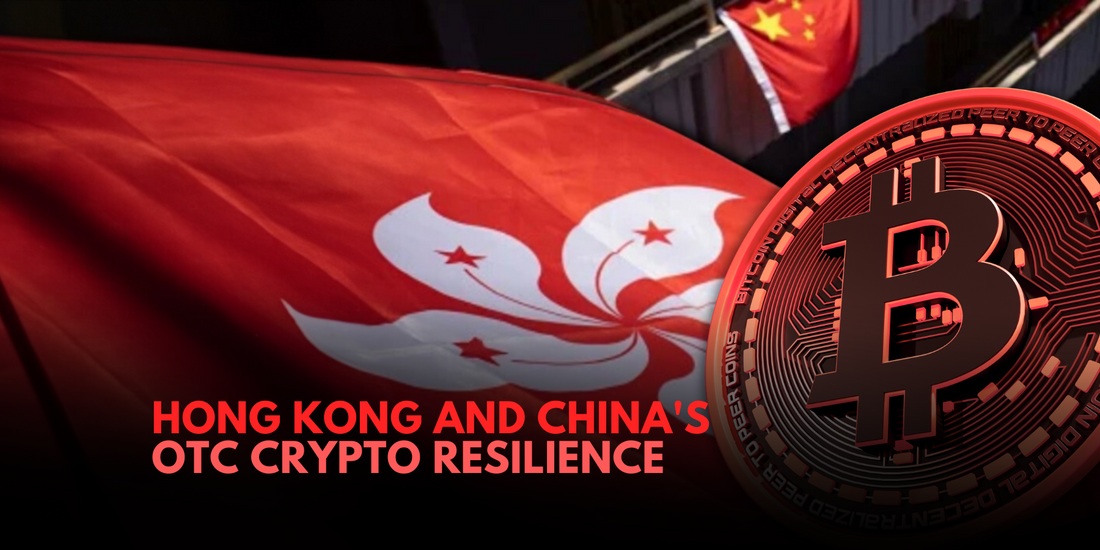Despite the ongoing crypto market challenges, Hong Kong and China have demonstrated remarkable resilience in their over-the-counter (OTC) crypto markets, with Hong Kong's $64 billion in trading volume and China's $86.4 billion over the past year. This robust performance is noteworthy considering Hong Kong's smaller population and the global crypto market's overall slowdown.
While both regions have experienced a decline in transaction values due to Beijing's strict stance on crypto assets and the broader crypto market's prolonged downturn, Chainalysis suggests that the existence of significant OTC markets and their relative stability in the face of regional and global challenges may indicate a degree of tolerance from Beijing toward crypto activities.
Chainalysis points out the growing connection between China and Hong Kong, leading some observers to speculate that Hong Kong's emergence as a crypto hub could signal a potential shift in China's approach to digital assets or a greater openness to crypto initiatives.
According to Chainalysis, Hong Kong stands out in the Asian crypto landscape for its dominance in large institutional crypto transactions. The data reveals that a substantial 46.8% of Hong Kong's annual crypto trades involve institutional transactions exceeding $10 million. In contrast, retail trades under $10,000 make up just 4% of the city's crypto trading volume, slightly below the global average of 4.7%.
In South Korea, retail trading on centralized exchanges is prevalent, with "professional" traders conducting transactions ranging from $10,000 to $1 million, contributing to 40% of the trading volume.
Japan's transaction breakdown aligns more closely with global patterns, maintaining a balance between centralized exchanges and decentralized finance (DeFi) protocols.
The resilience of Hong Kong and China's OTC crypto markets in the face of regulatory challenges and market fluctuations underscores the region's significant role in the global crypto landscape. It also raises questions about the potential future direction of cryptocurrency regulations and acceptance in China, particularly as Hong Kong continues to solidify its position as a crypto hub.

